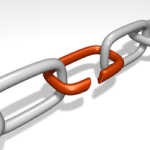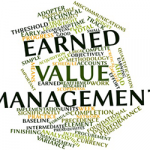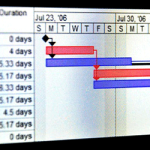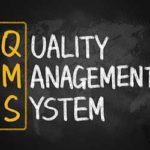
The definition of a Project is: A temporary endeavor undertaken to create a unique product, service, or result. The two most important keywords within that definition are: Temporary: A project has a fixed beginning and end. Because of this, there are two factors that come into play in virtually every project: Time (deadlines) and money (budgets). These two … [Read more...]













